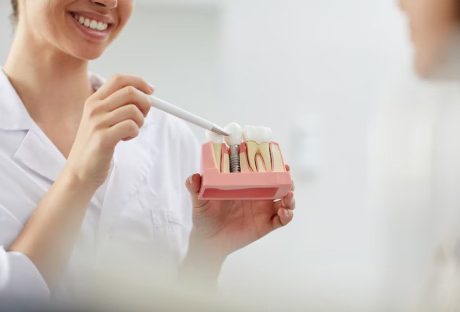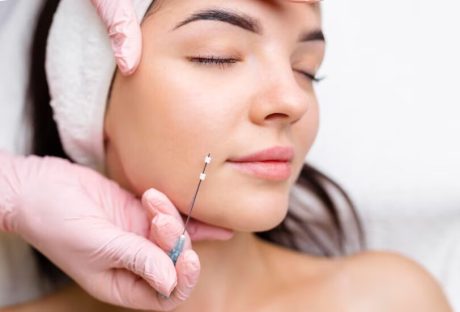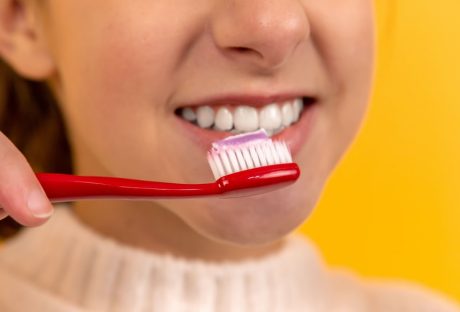Oral problems are quite common among different age groups. It is really turning out to be a global challenge. According to a study, oral disease is estimated to affect around 3.5 billion people globally. The problem is huge in middle-income countries. There 3 out of every 4 people are suffering from it.
One of the reasons that the problem tends to increase is the need for more awareness. People tend to avoid it, and as a result, the problems aggravate and turn into serious health issues.
Are you, too, suffering from oral issues? In that case, this article is quite effective in serving your needs. Here we discuss some of the high risks associated with poor oral hygiene.
Ways Poor Oral Hygiene Can Impact Your Life
In general, you must brush your teeth two times a day and floss your teeth. But unfortunately, we do not really take care of teeth care, and as a result, we invite dental issues.
According to a study it is found out that around 31% of Americans floss daily, and around 19% of them do not floss at all. This is an example of utter negligence and a highly lenient approach. Ultimately, it leads to serious consequences, so you should learn about its risk factors. Here we discuss some of the risk factors associated with oral issues.
1. Risk Of Heart Disease And Stroke
It was found that individuals who suffer from periodontal disease are twice likely to be diagnosed with heart disease. The plaque and bacteria cause the bacteria and narrow down the arteries.
Narrowing down the arteries increases the risk of severe heart attacks. The blood vessels that send blood to your brain can become completely clogged, and thus it increases the risks of stroke. So with simple negligence, you are paying the highest form of price.
Therefore we advise seeing the elderly people in your house as an oral care expert. Select expert services with experience with restorative dentistry, porcelain veneers, advanced teeth whitening, dental implant services, and others. They are professionals, and they can help you serve your needs. Visit the website to learn more about it.
2. Risk Of Dementia
People who are negligent with their oral hygiene may suffer from the risks of dementia. When you are lenient with oral care, you may lose your teeth. The problem leads to loss of memory or dementia.
This is the reason that older people with dementia have multiple oral problems like mucosal lesions, periodontal pockets, and gingival bleeding.
According to a study, around 6.7 million people above the age of 65 live with Alzheimer’s. Around 73% of older people above 70 are seen suffering from dementia. Hence, you can understand the direct link between dementia and oral health issues.
3. Respiratory Conditions
Oral cavities have long been considered a potential reservoir for the respiratory pathogens. The infection mechanism can completely affect your lung, and they have the capability of causing oral health issues like pneumonia and colonization of dental plaque. Different studies suggest that the issues affect elderly people faster than younger ones.
If you suffer from periodontal disease, the bacteria have the potential to travel into your lungs. These bacteria are directly responsible for the deteriorating conditions of the respiratory system. Not only this condition may put you at a greater risk of suffering from acute bronchitis or chronic pneumonia.
4. Risk Of Diabetes
According to a study, there is a direct link between oral health and the risk of diabetes. Let’s try to understand it in simple terms.
When the glucose levels increase, people living with diabetes may have an excess of glucose in their saliva. These conditions lead to increasing dental problems and can lead to tooth decay and cavities. This is a slow process, but long-term negligence can aggravate conditions.
According to a study, around 95% of the individuals who live in the United States are recorded with some form of periodontal disease or the loss of teeth. Therefore you must consult an expert on the following problems. It can lead you toward a ray of hope.
5. Oral Cancer
Research involving nearly 150,000 men and women ranging from the age group between twenty-two and twenty lengths was performed.
It was found that 43% of people suffering from oral problems have a 43% more risk of developing esophageal cancer than those with good oral care habits. Lack of tooth care results in the development of harmful bacteria that aggravate that place.
Hence, you could identify the link between gum care and the risk of developing diseases.
Tips For Teeth Cleaning
Now that you know the complexities of oral health issues, you can realize how important it is to care for your teeth. Here we provide you with top tips for comprehensive care.
Let us start with the basics; first, you must brush your teeth twice a day, especially before bed and early in the morning. When you are brushing, make time to gently massage your gums.
At the same time, you must use mouthwash after brushing and flossing. Make a healthy eating habit. Try to avoid sugary drinks and snacks. They have a direct impact on your teeth. You can use night guards if you grind your teeth unconsciously during the nighttime.
It is always important to rinse your mouth with water after meals. It’s the simplest way to take care of your teeth and gums. Most importantly, make time for the scheduled checkups with the physicians. They are extremely important from the point of view of your dental health. They are experts, and they can guide you with practices and medications. You do not need to worry regarding your oral health care practices.
Putting The Discussion To A Close
Dental health issues are becoming quite common among people of different age groups. One must not be negligent with it.
Everyone must ensure they take care of their teeth and gums with simple practices to avoid fatal diseases. So why take risks unnecessarily? Make it a routine to brush your teeth twice a day and keep germs and bacteria at bay.
Read Also:






















